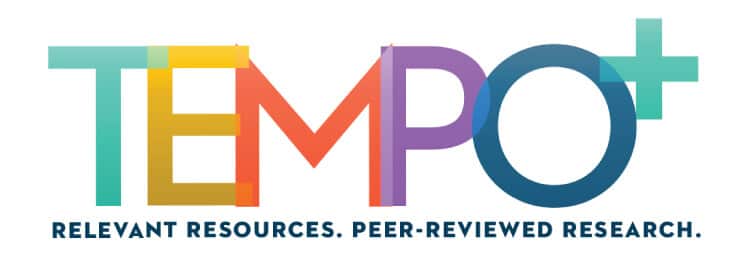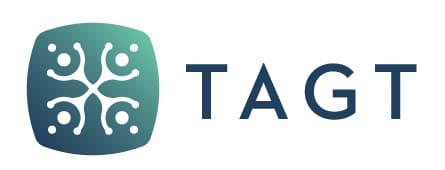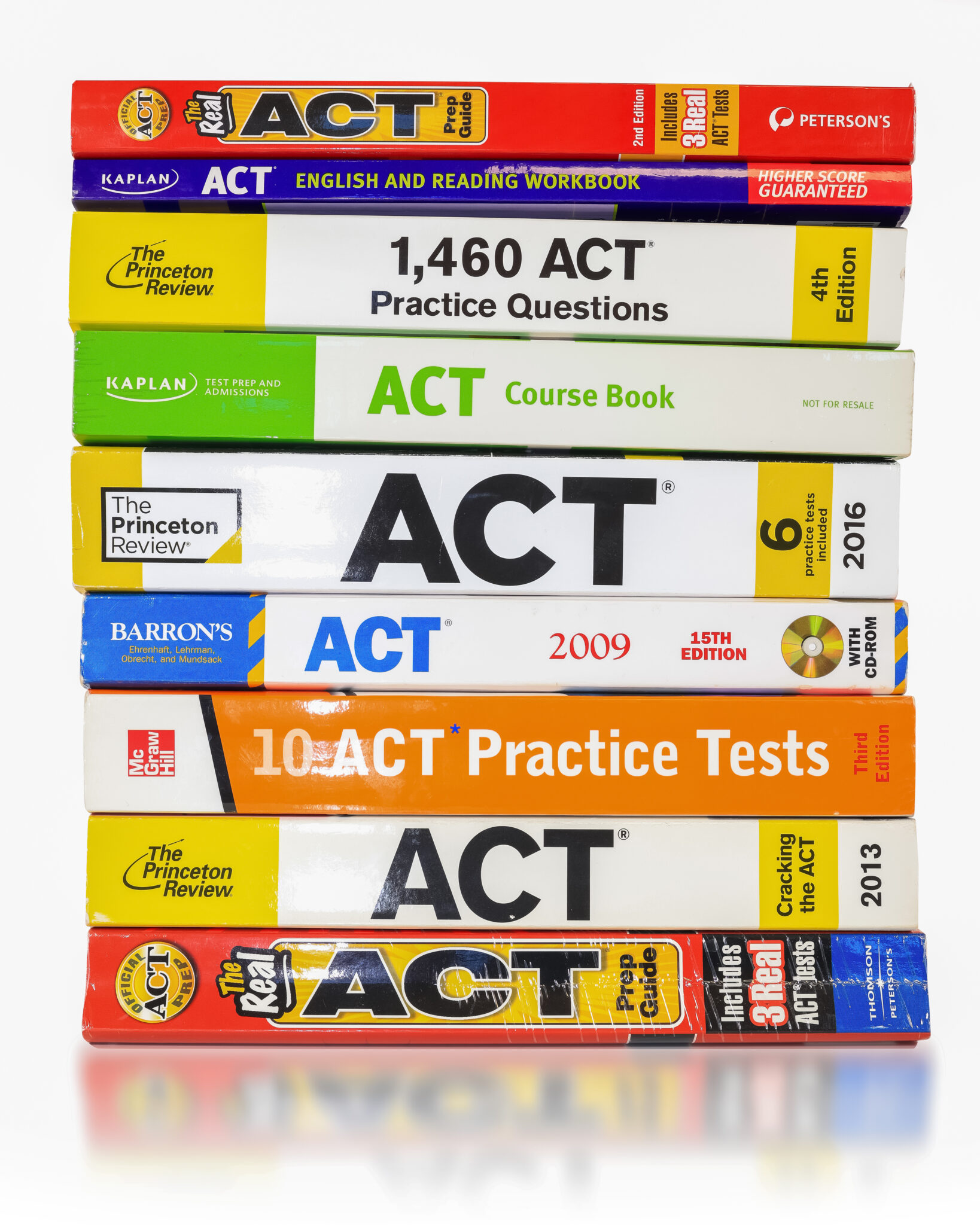In a political climate where it seems like nobody agrees on anything, a consensus is starting to emerge about an unlikely topic: math. In 2023, the 88th Texas legislature passed the bipartisan Advanced Mathematics Instruction bill. Senate Bill (S.B.) 2124 (2023) opens advanced math pathways to eligible sixth-grade students in Texas by requiring districts to automatically enroll students who score in the top 40% on the state math assessment in advanced classes. Students can opt out of these courses, but the default is placement in an accelerated math class that prepares them to take Algebra I by eighth grade.
When I talk about automatic enrollment, the question I most often hear is, don’t we already do this? Unfortunately, the answer is no. Students frequently encounter barriers to advanced math, such as securing a recommendation from a teacher or counselor (Patrick et al., 2020). Even in open enrollment systems like Advanced Placement, students have to opt in. Many students don’t register for advanced courses because they don’t know they can or don’t believe they are capable, even when their academic record shows otherwise.
Although some states, such as California, have made changes that virtually eliminate advanced math pathways, Texas is one of very few states (e.g., Colorado, Illinois, Nevada, North Carolina, Washington) to adopt automatic enrollment. Broadly, the goal is to ensure students meet the requirements to enter postsecondary STEM degree programs and have the preparation and motivation to complete those degrees. Automatic enrollment removes obstacles that have traditionally limited access to advanced math for middle school students from diverse racial, ethnic, socioeconomic, and geographic backgrounds. Automatic enrollment policies do not place students on rigid academic trajectories (i.e., tracks), rather they provide an opportunity for schools to universally screen all fifth-grade students to see who might benefit from advanced math.
In Texas, student math performance has been headed downhill for a while now (“Solving for X in Texas,” 2024). The percentage of Texas eighth graders who met basic math proficiency standards on the National Assessments of Educational Progress (NAEP) has declined since 2015 and more than half of Texas students in grades three through eight did not meet grade-level standards on the 2023 math STAAR test. In 2014, instead of requiring all high school students to take four years of math, Texas legislators dropped the requirement to three years. This decision sparked debates about potential downstream effects, including fewer incentives for students to take advanced math in middle and high school. Last year, only half of the graduating seniors in Texas met college readiness standards in math, so those fears have been largely realized.
We do have clear evidence that many Texas students are not prepared to enter higher education or the job market, but almost a quarter of all students start the school year performing above grade level in math. Without access to advanced math pathways, these advanced learners miss out on critical opportunities, which also leads to lost potential for the students, their families, and their communities. S.B. 2124 acknowledges that there are academically talented students in every community who can benefit from advanced math coursework.
In 2019, the Dallas Independent School District implemented an automatic enrollment policy and the percentage of students taking Algebra I in eighth grade rose from 20% to 60% (Richman, 2023). With this opt-out policy, the demographics of advanced math courses in Dallas ISD now more closely mirror the demographics of the district. Hays Consolidated Independent School District saw similar results (Fogel, 2023). When they implemented an opt-out system for math, sixth grade advanced math enrollment rose from 20% to 35%. Under auto-enrollment systems, Black, Hispanic, emerging bilingual, and economically vulnerable students, who have traditionally been underrepresented in advanced math courses, have greater access to accelerated pathways.
Educators routinely think about how to help their students learn new content and how they will intervene when students don’t demonstrate grade-level proficiency. S.B. 2124 requires educators to start thinking more deeply about what they will do when students are already proficient and need additional challenge. As Texas school districts move into the full implementation of S.B. 2124 in the 2024-2025 school year, they are not flying blind. Districts across the country and in our state have tailored automatic enrollment policies to work for the students and teachers in their local communities.
Policymakers on both sides of the aisle in Texas want children across the state to have access to advanced math pathways. This shift in Texas education policy is a welcome change and S.B. 2124 marks the beginning of a larger conversation about how to effectively support teachers and students with advanced learning needs in our state.
References
Advanced Mathematics Instruction, S.B. 2124 (2023). https://capitol.texas.gov/tlodocs/88R/billtext/html/SB02124S.htm
Fogel, B. (2023, June). Kids are probably better at math than they think. Texas Standard. https://www.texasstandard.org/stories/texas-law-advanced-math-classes-middle-school-students/#:~:text=than%20they%20think.-,A%20new%20Texas%20law%20could%20help%20them%20realize%20it.,advanced%20math%20in%20middle%20school.
Patrick, K., Socol, A., & Morgan, I. (2020). Inequities in advanced coursework: What’s driving them and what leaders can do. The Education Trust. https://edtrust.org/wp-content/uploads/2014/09/Inequities-in-Advanced-Coursework-Whats-Driving-Them-and-What-Leaders-Can-Do-January-2019.pdf
Peters, S. J., Rambo-Hernandez, K., Makel, M. C., Matthews, M. S., & Plucker, J. A. (2017). Should millions of students take a gap year? Large numbers of students start the school year above grade level. Gifted Child Quarterly, 61(3), 229-238. https://doi.org/10.1177/0016986217701834
Richman, T. (2023, October). How Texas plans to make access to advanced math more equitable. The Hechinger Report. https://hechingerreport.org/how-texas-plans-to-make-access-to-advanced-math-more-equitable/
“Solving for X in Texas: Math trends, challenges, and opportunities for the lone star state.” (2024). Texas 2036. https://texas2036.org/math/
Advanced Math Auto-Enrollment: Something We Can All Agree On PDF






